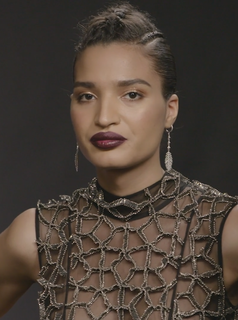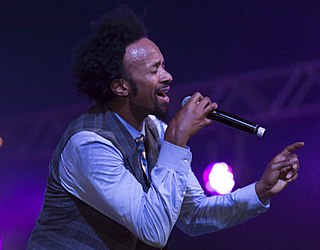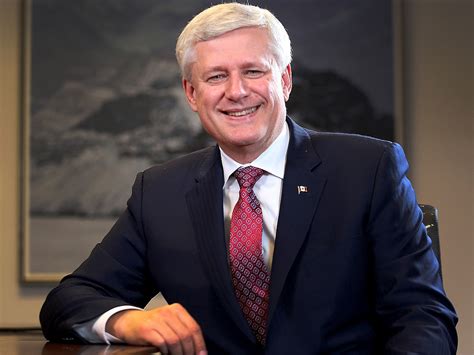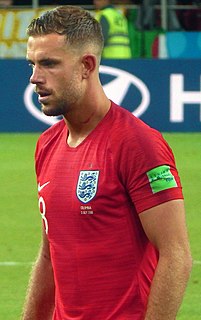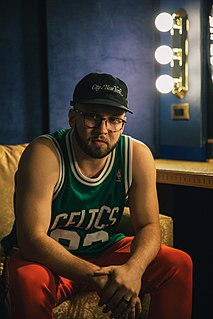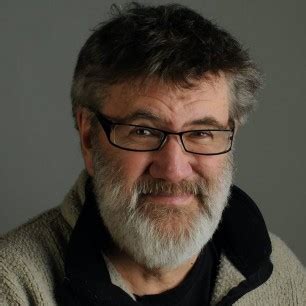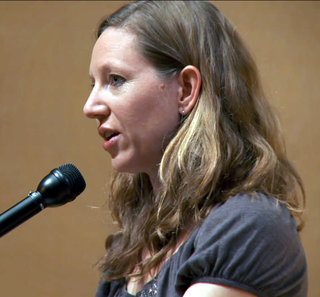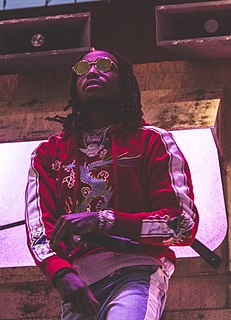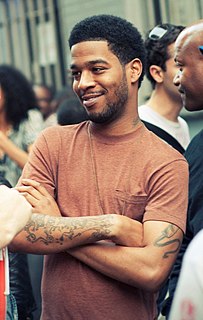A Quote by Sheryl Sandberg
After my husband, Dave, died, I called my friend Adam, a psychologist who studies how people find meaning in our lives, and I asked him what, if anything, I could do to help myself and my kids get through this. We started talking about resilience, then reading about it, then talking to other people who had gotten through grief and other huge challenges. In time, those conversations and that research helped me heal.
Quote Topics
About
Adam
After
Anything
Asked
Challenges
Conversations
Could
Dave
Died
Find
Find Me
Friend
Get
Gotten
Grief
Had
Heal
Help
Helped
Him
How
Huge
Husband
Kids
Lives
Me
Meaning
My Friend
My Husband
Myself
Other
Our
Our Lives
People
Psychologist
Reading
Research
Resilience
Started
Studies
Talking
Then
Those
Through
Time
Related Quotes
Reading is always a way of forming a bond with other people. I'm not very good at socializing - I quite like spending time alone - so reading is a way of engaging quite deeply with the way other people think. Quite often when you meet other people socially you don't get to have a conversation of any depth. You end up talking about how well or how badly someone is doing at school or something of that sort. Questions like, "What we are," "Who we are," "Where are we going," you get those from literature and from people that spend some time thinking.
I'm actually kinda quiet off stage, a lotta people don't realize that. I was at a dinner party recently, a bunch of people that I don't know, one guy talking plenty for everybody. "Me myself right and then I and then myself and mee, me, I couldn't tell this one about I cause I was talking about myself and Me- Meee- Mee- Me- Me!" Beware the Me monster.
I think that to me, films are personal affairs. It doesn't mean that I am against other people doing things differently, but I'm talking about what I can do. So I don't feel comfortable going to a new city or a certain class of which I don't have sufficient knowledge, doing research on that, and then writing a story about it I don't think I have the ability of presenting other people on screen in that way. It makes me uncomfortable. This doesn't mean that I only want to talk about myself. I want to talk about what I know.
As a writer I'm committed to exploring what I call "The invisible things" - the things that people aren't talking about. I think that's where the juiciest conversations and the juiciest drama lives. My goal with the series is to get people talking about and reflecting on how issues of race play out in their own lives. Since I've spent a fair amount of time watching time travel shows and movies where the leads are White (and can blend in really easily no matter the time period) I thought I would turn that on its head and see what might happen.
Don't waste your singleness. I think we spend a lot of time griping about how we're single, and we spend a lot of time and energy being angry about that when we could be spending that time to really serve other people and use the free time we do have to do so much more for the Kingdom of God. So don't waste that time. Use it. You only get so much time and then you'll most likely get married and have kids and a husband and not have as much free time. So enjoy it and use it to serve other people.
The deep-read is when you get gut-hooked and dragged overboard down and down through the maze of print and find, to your amazement, you can breathe down there after all and there’s a whole other world. I’m talking about the kind of reading when you realize that books are indeed interactive. . . . I’m talking about the kind of deep-read where it isn’t just the plot or the characters that matter, but the words and the way they fit together and the meandering evanescent thoughts you think between the lines: the kind of reading where you are fleetingly aware of your own mind at work.
Whenever you get involved with talking about rights, you're talking about being a citizen. You're talking about being a citizen in capitalism; you're talking about what rights are granted to what identities, under what laws, and all that is a big mix. Marriage is, among many other things, a formality to channel capital through a family. And that's why the big DOMA lawsuit was about paying too many taxes! "I wouldn't have had to pay all these taxes if Theodora had been Theo" - that was the big tagline. It's all about protecting assets.
Street politics is what happens in our everyday life, living in the bando. It's the environment around us and what we doing in the streets. We [Migos] talking about how many snakes there are in the grass and talking about how people can hurt you, and talking about how that can help you gain knowledge.
When I was about 7 years old, I had been labeled dyslexic. I'd try to concentrate on what I was reading, then I'd get to the end of the page and have very little memory of anything I'd read. I would go blank, feel anxious, nervous, bored, frustrated, dumb. I would get angry. My legs would actually hurt when I was studying. My head ached. All through school and well into my career, I felt like I had a secret. When I'd go to a new school, I wouldn't want the other kids to know about my learning disability, but then I'd be sent off to remedial reading.
I didn't know how to check other people's feeds. When I started Instagram, it was just me posting! But then at some point, like eight months ago, I realized I could see what other people were sharing. It was so exciting and so fun, but it was like I'd already gotten into the rhythm of sharing and not worrying about what it was like compared to other accounts. I think that was kind of protective, in a way.
I started doing cocaine to get through interviews, 'cause people wanted to know a lot about my personal life and I wasn't prepared for a 60 Minutes interview every time. Doing bumps I was able to get through the day, but then I would smoke weed to calm me down - it was the only way I could get through the day without people noticing I was doing it.




